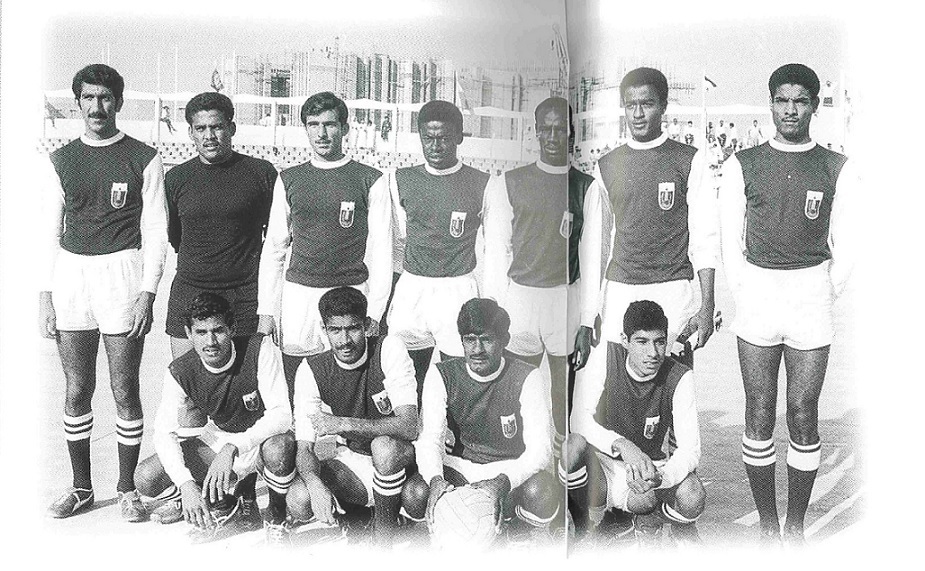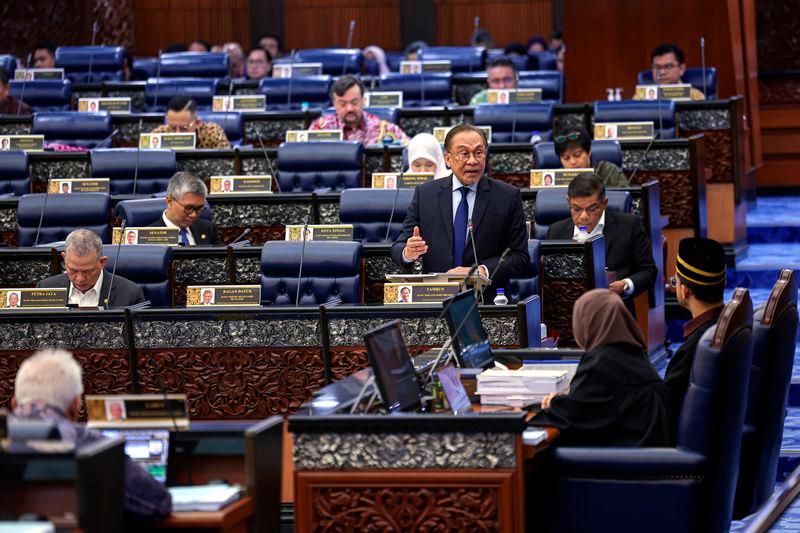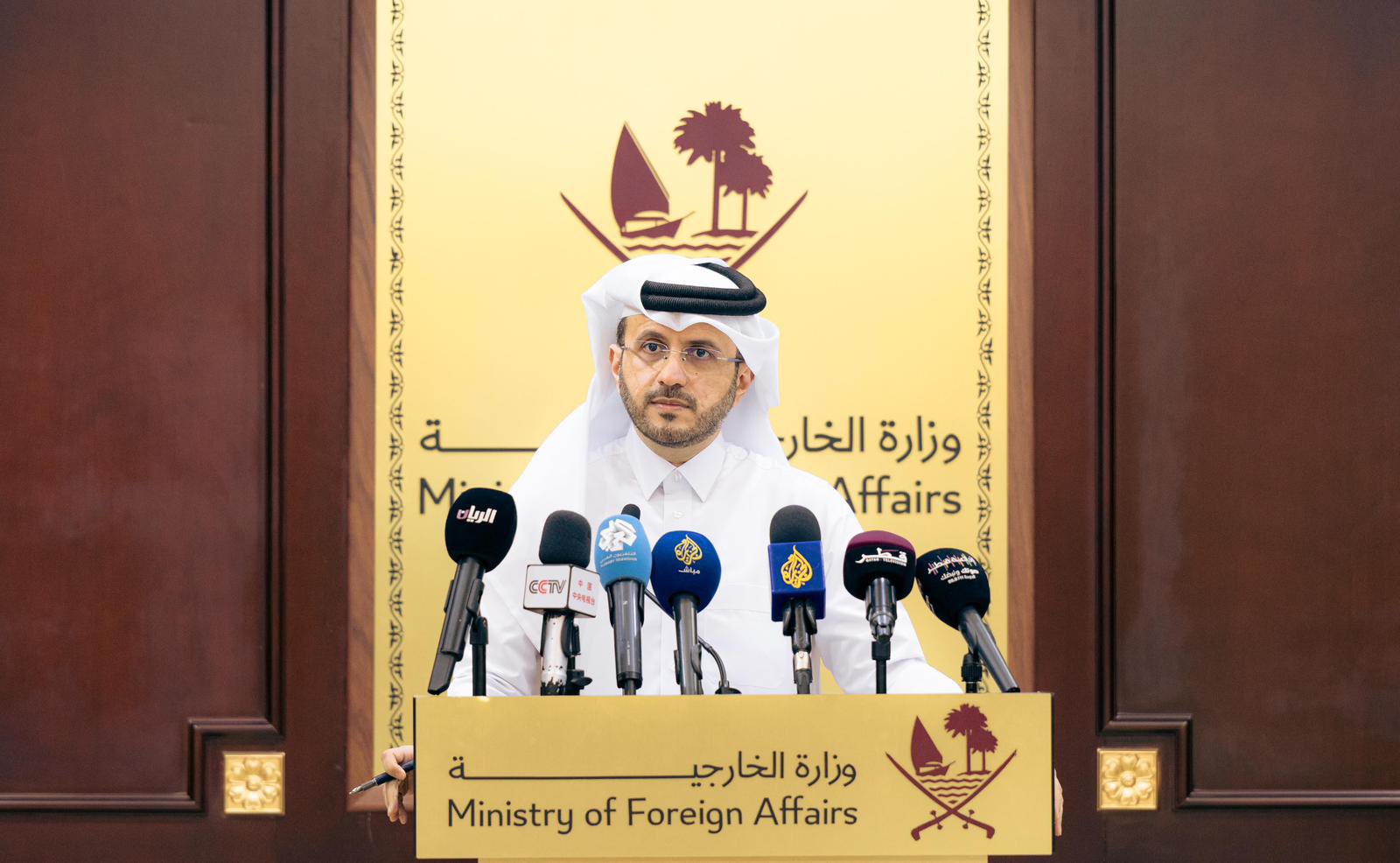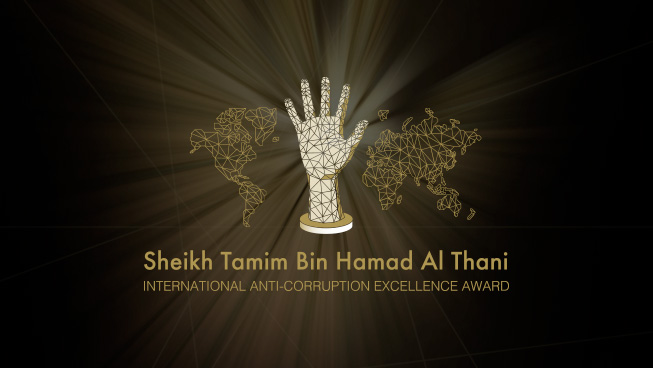The narrative on Qatar’s sporting history is often told through the relatively problematic ‘oil and gas’ lens, but upon taking a closer look, the country unveils a unique football journey dating back for over half a century.
Long before it would be awarded the hosting rights for the largest pinnacle event in sports worldwide, Qatar would make history in the 1950s with its construction of the first football stadium in the Gulf.
A memorable beginning
Doha Stadium would be the host of several local and regional competitive matches before officially opening in 1962. Before Doha Stadium, no grass pitches were available, as football games would be played on dirt during the late 1940s.
In 1971, boxing legend Mohammed Ali gifted the country with an exhibition match at Doha Stadium. This would be the first, but not the last time a fully packed Doha Stadium would witness a sports icon as three-time World Cup champion, Brazilian footballer, Pelé would play a friendly match against the Al Ahli team in 1973.
Pelé’s visit with his club Santos FC triggered a wave of euphoria among Qatari residents at the time as he was viewed, then, as the greatest footballer of his age.
The Brazilian footballer had just won his third FIFA World Cup title. Former winger for Al Ahli, Mohammed Al Siddiqui described the moment playing against Pelé as “a privilege”.
“All the local clubs played there, and it was a bustling beehive of activity throughout the week, so when word came out that Pelé and Santos were coming to town, Doha Stadium erupted with anticipation,” said Al Siddiqui.
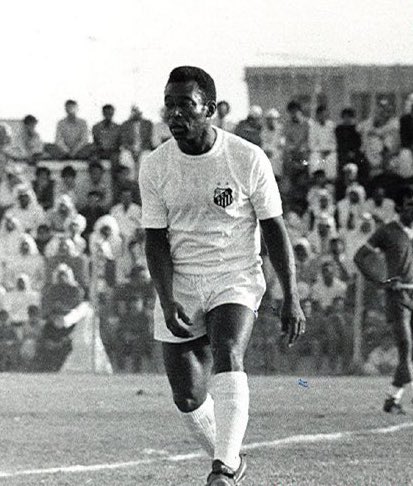
Playing on the world stage
The matches and events hosted at Doha Stadium are believed to have paved the path for a young generation of Qatari players.
As the country moved forward in investing in its sports venues with the construction of the Khalifa International Stadium, it extended that investment to its national football team.
After flourishing in the 1980 AFC Youth Championship, Qatar’s Under 20 qualified for the 1981 FIFA World Youth Championships in Australia.
In a tournament generally dominated by Europeans, Qatar overthrew Brazil and England, reaching the finals and finishing in second place.
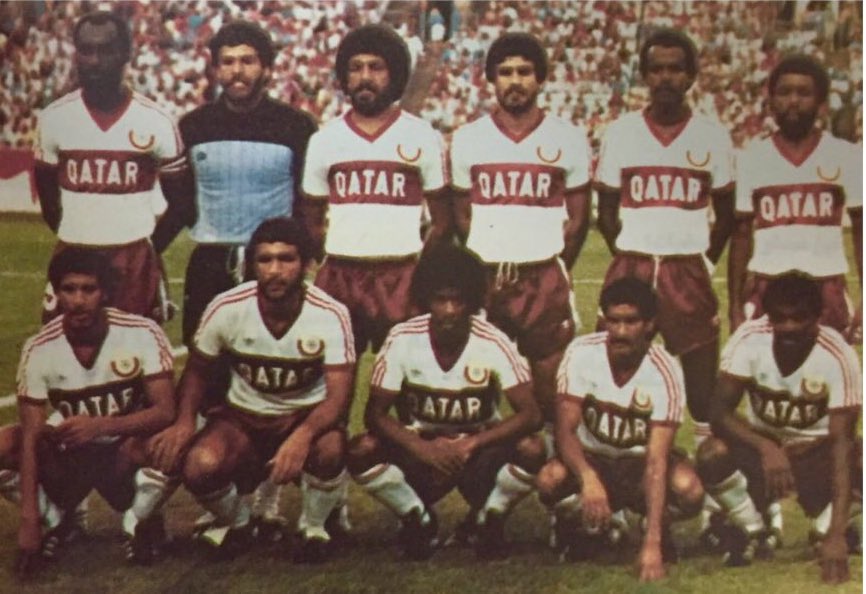
In 1984, Qatar participated in the Summer Olympics in Los Angeles. Their debut was considered impressive despite being eliminated in the group stages. The inexperienced football team held France, the winners of the football tournament, to a tied match.
In 1988, the Gulf state would host the world’s second oldest continental football championship Copa América on its home turf. Qatar’s 9th edition of the Men’s AFC Asian Cup was not the last, as the country would host it again in 2011.
The hosting of the Asian Cup affirmed the country’s national capacity to host world competitions on a global scale.
Gold rush
Qatar would host the Gulf Cup for a second time in 1992, winning the contest against Saudi Arabia at Khalifa Stadium.
In 2004, Qatar hosted the tournament for a second time defeating Oman and claiming the trophy once again.
In 2006, Qatar hosted and competed in the 15th Asian Games, in which all 45 member nations of the Olympic Council of Asia took part in for the first time. Qatar would best Iraq as defender Bilal Rajab would secure the country’s gold medal.
Raking in three Gulf Cup titles, Qatar would seize another championship, this time at the AFC Asian Cup in 2019. Amid a political blockade, Qatar’s national team came together to triumph over four-time Asian Cup winners Japan.
The country’s historic victory in the UAE would signal to the world that the Qatar National Team was a force to be reckoned with.
Coming full circle, just as Doha Stadium has provided inspiration for the country’s young generation in the 1960s, Qatar’s conquest at the 2019 Asian Cup uplifted yet another generation of footballers for the country to pride itself with.

